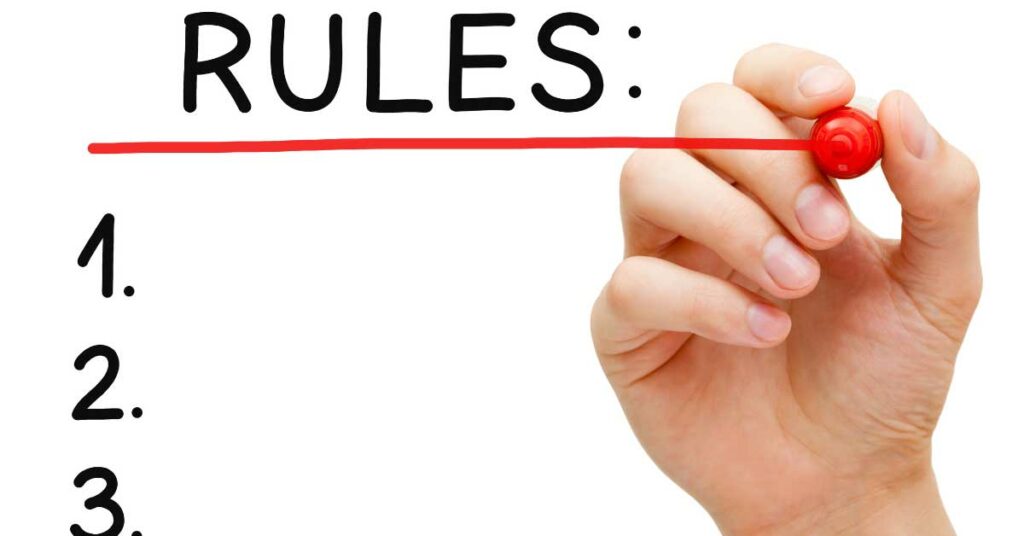Conflict Resolution in MHCs: Ensuring Harmonious Community Living
Conflicts are inevitable in any community, and Manufactured Home Communities (MHCs) are no exception.
As a property manager or owner, resolving disputes between tenants or between tenants and management is an essential part of your role.
This blog post will offer strategies to handle conflicts effectively and foster a positive living environment.

Setting Clear Expectations
The foundation of a harmonious MHC is clear expectations. A well-written and thorough lease agreement is crucial. It should clearly spell out the rules and regulations of the community, the tenant’s responsibilities, and the consequences of not meeting these expectations.
Ensure all tenants receive a copy and understand the terms upon moving in. Regular reminders or postings about community guidelines can help reinforce these expectations.

Open Communication Channels
Establish open lines of communication with residents. Regular community meetings can provide a forum for airing grievances and discussing changes.
Encourage tenants to come to you with their concerns. This way, you can address minor issues before they escalate into major conflicts.
Consider regular newsletters, email updates, or a community website to keep residents informed about what’s happening in the community. This will help to reduce misunderstandings and misconceptions.
Active Listening
When a conflict arises, make sure you listen to all parties involved without judgment. Show empathy and understanding, but remain neutral.
Active listening will help you identify the root cause of the problem and craft a fair solution.

Mediation
In situations where a conflict persists despite initial resolution attempts, consider professional mediation.
A mediator can help facilitate a conversation between the parties involved and guide them to their own mutually acceptable resolution. Mediation can be particularly useful for conflicts that involve personal relationships among residents.
Enforcing Rules Consistently
Ensure rules and regulations are enforced consistently for all residents. Favoritism or inconsistent enforcement can lead to resentment and further conflicts.
Take all breaches of community rules seriously and address them promptly and fairly.

Training and Education
Consider providing conflict resolution training for your management team. Being equipped with the right skills can help them handle conflicts effectively and maintain peace in the community.
You could also offer workshops or resources for residents on topics like communication skills or neighbor etiquette. This could help prevent conflicts before they start and promote a more respectful community culture.
Implementing a Formal Complaint Process
Establish a formal process for residents to lodge complaints.
This not only provides a structured way for residents to voice their concerns but also gives management a record of issues that arise.
Be sure to respond to complaints promptly and keep residents updated about what is being done to address their concerns.

Understanding Legal Responsibilities
It’s essential to understand the legal responsibilities and rights of both tenants and management in your jurisdiction.
Some conflicts may have legal implications, especially when they involve potential violations of fair housing laws or other regulations.
Fostering a Sense of Community
Promote activities and events that foster a sense of community among residents.
Community-building activities can reduce conflicts by strengthening relationships among residents and creating a more cohesive community.

Final Thoughts
Conflicts in MHCs can be challenging, but with effective conflict resolution strategies, you can ensure a harmonious living environment for all residents.
Remember that each conflict is an opportunity to improve and make your community a better place to live.
Through proactive management, clear communication, consistent rule enforcement, and fostering a sense of community, you can minimize conflicts and create a peaceful and desirable MHC.
About the Author
Anequim specializes in connecting Property Managers with highly skilled, bilingual virtual assistants.
From leasing calls to property maintenance coordination and accounting, Anequim’s comprehensive services are crafted to meet the unique demands of the MHC industry.
Anequim handles recruitment, learning and development, performance management, and more, ensuring a seamless integration of virtual support tailored to your property management needs.
Looking to enhance your property management services with a dedicated team of Remote Professionals? Visit Anequim today and discover how they can drive success for your community.
